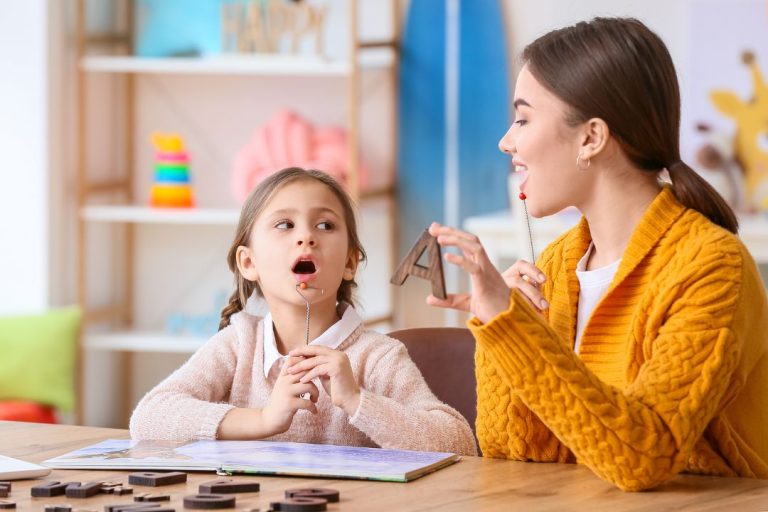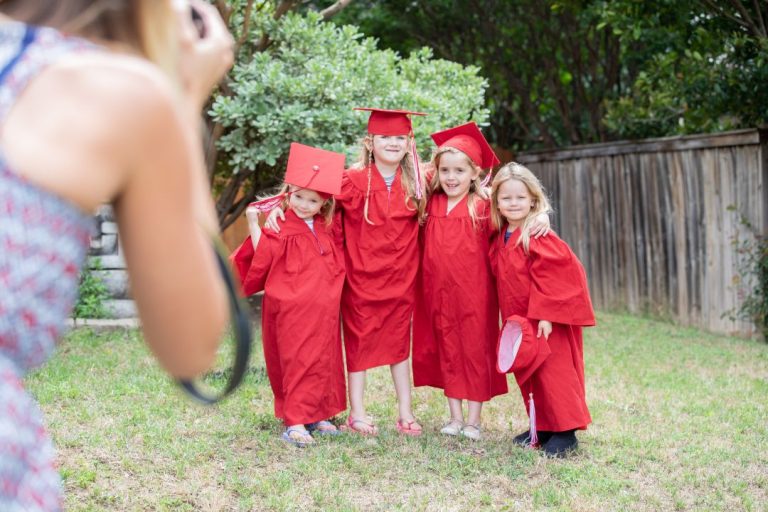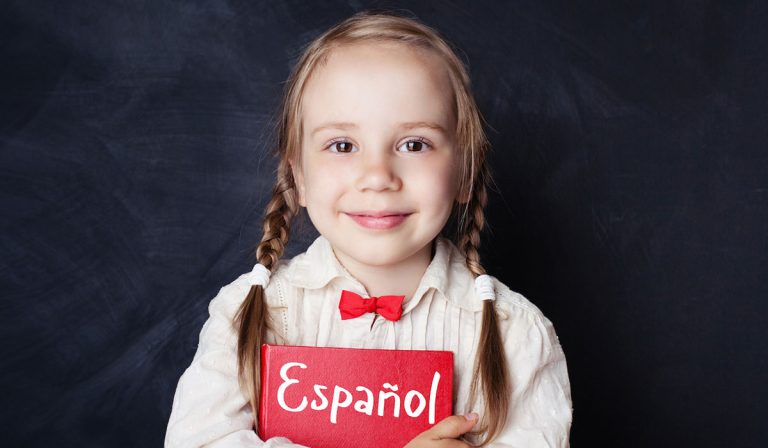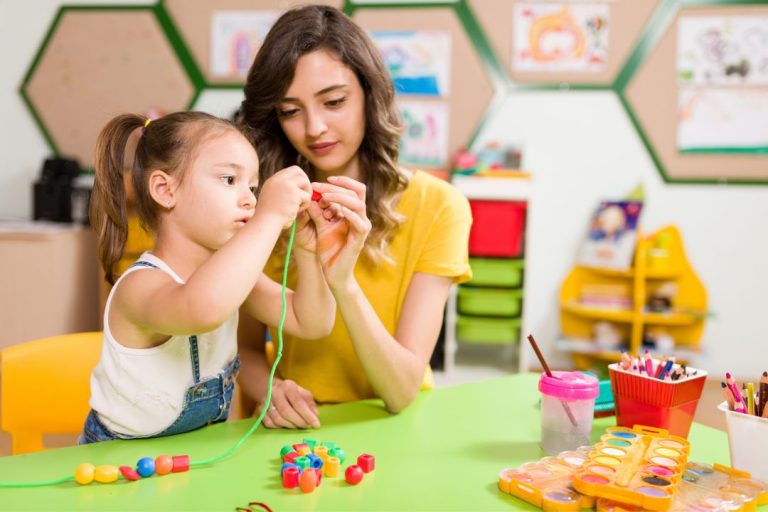Preschool Activities to Get Ready for Kindergarten: Boost Readiness with Fun Exercises
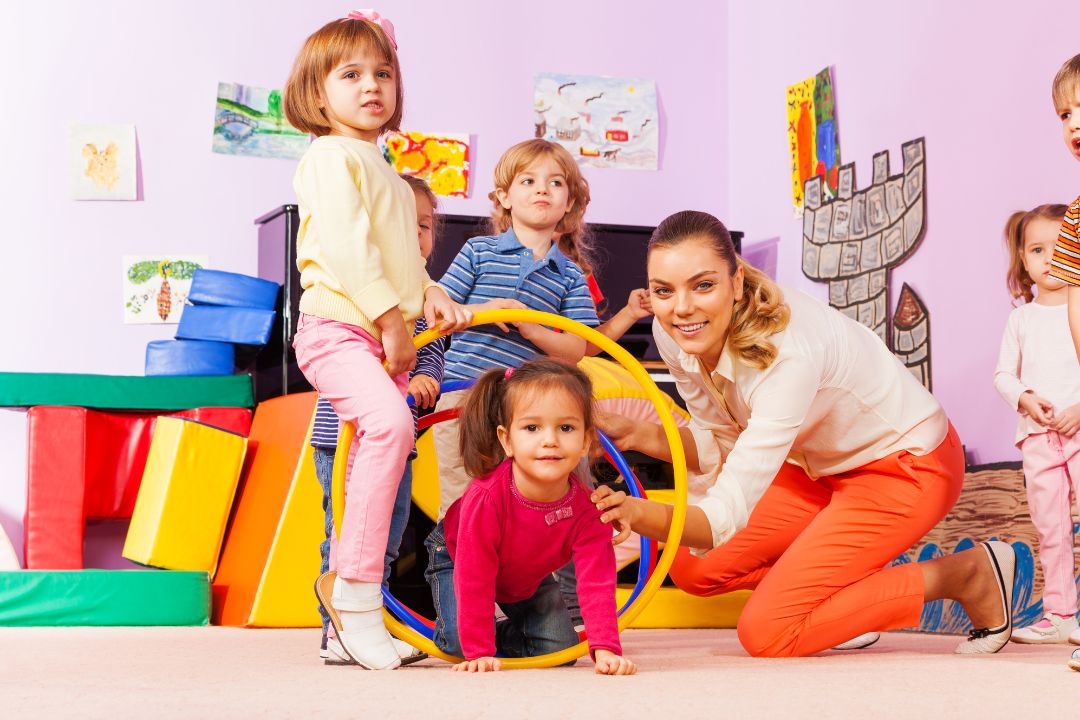
To get ready for kindergarten, preschool activities should focus on developing fine motor skills, language, and social interaction. Engage in activities that promote letter recognition, counting, and following instructions, as well as activities that encourage sharing, turn-taking, and cooperation.
These activities will help children prepare for the demands of kindergarten and build a strong foundation for future learning. Introducing children to preschool activities that are specifically designed to prepare them for kindergarten is essential. As they transition to this new stage in their educational journey, these activities can help them develop the necessary skills and behaviors to succeed.
By incorporating these activities into their routine, children can enhance their cognitive, social, and emotional development, setting them up for a successful transition to kindergarten.
The Importance Of Preschool Activities
Engaging in preschool activities is crucial for a child’s holistic development and sets the foundation for a successful transition to kindergarten. These activities play a pivotal role in enhancing key skills, promoting social and emotional development, and preparing children for the academic challenges they’ll encounter in kindergarten.
Developing Key Skills
Preschool activities help children develop vital skills such as language and communication, fine and gross motor skills, critical thinking, and problem-solving abilities. Through engaging activities and play-based learning, children can enhance their cognitive abilities and gain the confidence needed to tackle kindergarten challenges.
Enhancing Social And Emotional Development
Participating in preschool activities nurtures essential social and emotional skills, including teamwork, empathy, resilience, and self-regulation. These activities provide a platform for children to interact with peers, develop friendships, and learn to navigate the complexities of their emotions in a supportive environment.
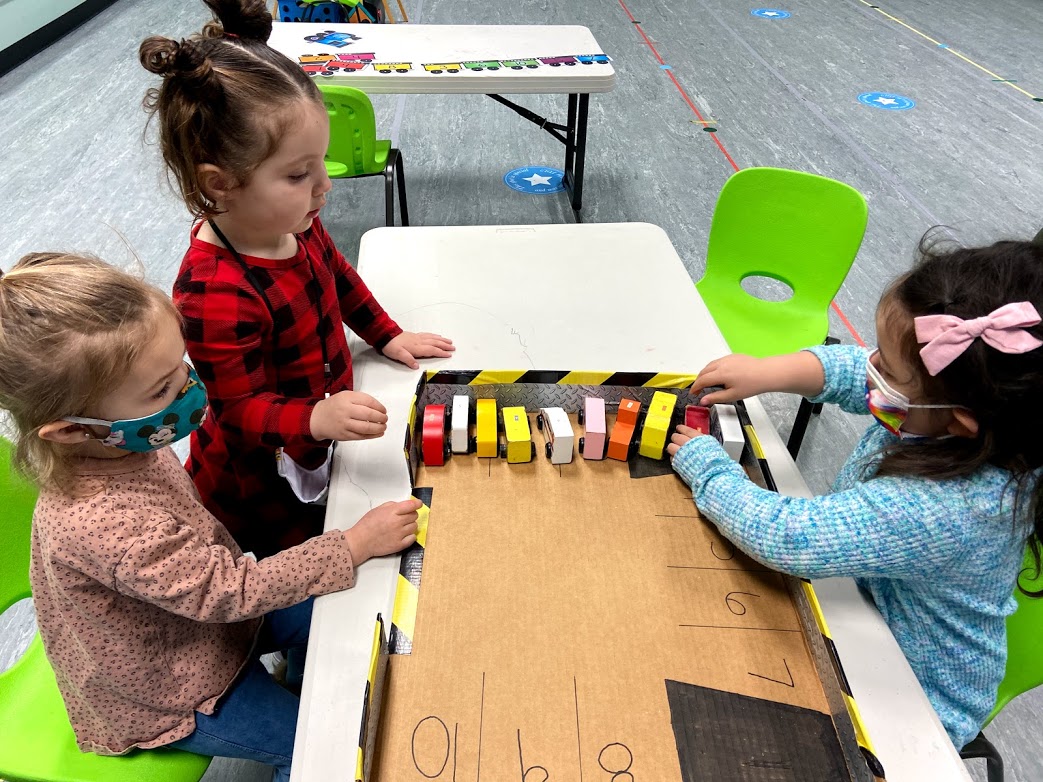
Language And Literacy Activities
Preparing your preschooler for kindergarten involves developing their language and literacy skills. Engaging them in various activities can foster a love for reading and storytelling, as well as introduce fundamental aspects of language. Here are some beneficial activities to help your child get ready for kindergarten:
Reading Aloud:
Reading aloud to children is crucial for language development. It fosters a love for storytelling, ignites imagination, and enhances vocabulary. Choose age-appropriate picture books and incorporate voices and expressions to make the stories captivating.
Introducing Letter Recognition:
Introducing letters in a playful manner can be done through activities such as letter tracing, finding letters in everyday objects, and alphabet games. This helps children familiarize themselves with letters, laying the foundation for future reading and writing skills.
Promoting Storytelling:
Encouraging your child to create and share their own stories nurtures their creativity and language skills. This can be done through imaginative play, puppet shows, or simply encouraging them to narrate everyday experiences. Engaging in storytelling enhances verbal communication and develops their narrative abilities.
Math And Logic Activities
Preparing your child for kindergarten involves more than just learning the ABCs. Math and logic activities are crucial in fostering their cognitive development, problem-solving skills, and number recognition. Engaging your preschooler in fun and interactive math games can help lay a strong foundation in these subjects. In this post, we will explore some math and logic activities that you can incorporate into their daily routine to make learning enjoyable and effective.
Counting And Number Recognition
Counting and number recognition are fundamental math skills that children need for kindergarten. Encouraging your child to count objects and recognize numbers is an excellent way to enhance these skills. Make counting sessions playful by using everyday objects like buttons, toys, or even fruits.
To help your child recognize numbers, create a number chart or use flashcards with bold and clear digits. You can also add visual aids like pictures of animals or objects corresponding to each number to make it more exciting. By engaging in these activities regularly, your child will gain confidence in counting and identifying numbers, making them ready for the math challenges in kindergarten.
Sorting And Classifying
Sorting and classifying activities help children develop their logical thinking and categorization skills. Encourage your preschooler to sort and classify objects based on various attributes, such as shape, size, color, or texture. You can provide them with a collection of objects and ask them to group them accordingly.
| Sorting Attribute | Objects to Sort |
|---|---|
| Color | Red, blue, yellow, green, and orange blocks |
| Shape | Circles, squares, triangles, and rectangles |
| Size | Big, medium, and small toys |
Through these activities, your child will learn how to identify similarities and differences, enhancing their ability to classify objects based on common characteristics. This skill will be invaluable when they encounter more complex math concepts in kindergarten.
Problem-solving Games
Problem-solving games are a fantastic way to develop your child’s critical thinking and logical reasoning abilities. These games challenge them to find solutions independently, fostering their problem-solving skills from an early age. You can find a wide range of age-appropriate puzzles and brain teasers that will keep your child engaged for hours.
Start with simple puzzle games that require them to fit shapes into corresponding slots or solve basic math equations. Gradually progress to more advanced games that involve solving riddles or completing patterns. Through these activities, your child will learn to think critically, analyze situations, and apply logical reasoning, all of which are invaluable skills for success in kindergarten and beyond.

Fine Motor Skills Activities
Developing fine motor skills is crucial for young children as it helps them to master tasks such as writing, cutting, and drawing. Fine motor skills activities are designed to improve the coordination between small muscles and hand-eye coordination, setting a strong foundation for kindergarten readiness. Here are some engaging activities that can help your preschooler develop their fine motor skills:
Practice With Scissor Skills
Learning to use scissors effectively is a vital skill that aids in the development of fine motor skills and hand-eye coordination. Start by offering your child preschool-friendly scissors with rounded tips and child-friendly grips. Provide them with age-appropriate cutting tasks, such as cutting along dotted lines or cutting out simple shapes. Guide them as they learn to open and close the scissors and cut with steady hands.
Hand-eye Coordination Activities
Improving hand-eye coordination is essential for children before entering kindergarten. Engage your child with activities that require precise hand movements and aim for accuracy. For instance, you can set up a simple game of tossing beanbags into a target, encouraging your child to aim and throw with concentration. Other activities, such as playing catch, building with blocks, or threading colorful beads onto a string, can also help enhance their hand-eye coordination.
Drawing And Coloring Exercises
Drawing and coloring exercises are excellent ways to strengthen fine motor skills, hand strength, and hand-eye coordination. Encourage your child to use different tools like crayons, colored pencils, or even finger paints to create artwork. Provide them with various coloring sheets or let them draw freehand. As they engage in these activities, their grip strength and coordination will improve, setting the stage for more complex writing tasks in kindergarten.
By incorporating these fine motor skills activities into your preschooler’s routine, you will be helping them develop crucial skills that are essential for a successful transition to kindergarten.
Social And Emotional Development Activities
Preparing children for kindergarten goes beyond academic knowledge. Social and emotional development activities play a crucial role in helping young learners thrive in a classroom setting. By focusing on encouraging cooperation and teamwork, building empathy and understanding, and managing emotions through play, we can equip children with essential skills that will benefit them throughout their school years and beyond.
Encouraging Cooperation And Teamwork
Promote cooperation and teamwork by engaging children in group activities that emphasize collaboration and shared goals. Here are some effective ways to foster cooperation:
- Encourage group projects where children work together to create something meaningful, such as building a tower with blocks or creating a mural.
- Organize team-based games or challenges that require participants to communicate and work together, like relay races or scavenger hunts.
- Rotate leadership roles within the group, allowing each child to take turns being the leader, decision-maker, or team captain.
- Teach children to listen actively and respect others’ opinions and ideas during group discussions or brainstorming sessions.
Building Empathy And Understanding
Cultivate empathy and understanding in young learners to help them develop compassion and relate to the experiences of others. Here are some activities that can foster empathy:
- Encourage sharing personal experiences, feelings, or stories during circle time, allowing children to practice active listening and understanding.
- Read books that explore different emotions, perspectives, and diverse cultures, providing opportunities for discussions on empathy and compassion.
- Engage the children in role-playing activities where they can step into someone else’s shoes and understand different viewpoints.
- Encourage acts of kindness, such as helping a classmate, making cards for someone who is feeling down, or participating in community service projects.
Managing Emotions Through Play
Emotions play a significant role
in a child’s social and emotional development. Through play, children can learn to manage their emotions effectively. Here are some play-based activities for emotional development:
- Set up an emotion recognition game where children identify and discuss different emotions displayed on pictures or by acting them out.
- Create a calm-down corner or sensory bin filled with materials like soft toys, stress balls, and sensory objects to help children self-regulate their emotions.
- Encourage dramatic play activities, such as pretending to be different characters or acting out everyday situations, to help children understand and express their emotions in a safe and imaginative way.
- Implement mindfulness exercises or guided breathing activities to teach children how to regulate their emotions and promote focus and self-awareness.
By prioritizing social and emotional development activities, preschoolers can develop essential skills that transcend beyond the classroom. These activities provide them with a strong foundation for success as they embark on their kindergarten journey and navigate the world around them.

Frequently Asked Questions For Preschool Activities To Get Ready For Kindergarten
What Are Some Fun Preschool Activities To Prepare For Kindergarten?
Engaging in hands-on activities such as storytelling, puzzles, arts and crafts, and pretend play can help develop important skills like communication, problem-solving, and creativity, preparing your child for kindergarten in a fun and interactive way.
How Can I Help My Child With Letter And Number Recognition Before Kindergarten?
Use educational tools like alphabet and number flashcards, play letter and number games, sing songs that emphasize letters and numbers, and read books with colorful illustrations to help your child become familiar with letters and numbers before they enter kindergarten.
What Social Skills Can Preschoolers Develop To Succeed In Kindergarten?
Preschoolers can develop important social skills like taking turns, sharing, listening, and following directions through activities like group playdates, cooperative games, and structured group activities, which will help them navigate social interactions confidently in kindergarten.
Conclusion
In a nutshell, engaging preschool activities play a crucial role in preparing your child for the exciting journey of kindergarten. Through a variety of hands-on experiences, such as sensory play, fine motor activities, and early literacy exercises, children not only develop essential skills but also foster a love for learning.
By incorporating these activities into your daily routine, you can ensure that your child enters kindergarten with confidence and enthusiasm. So, get creative, have fun, and embrace these preschool activities as stepping stones towards a successful kindergarten experience.

Emily specializes in integrating arts into early childhood education. She believes in fostering creativity and imagination through music, art, and drama activities.

